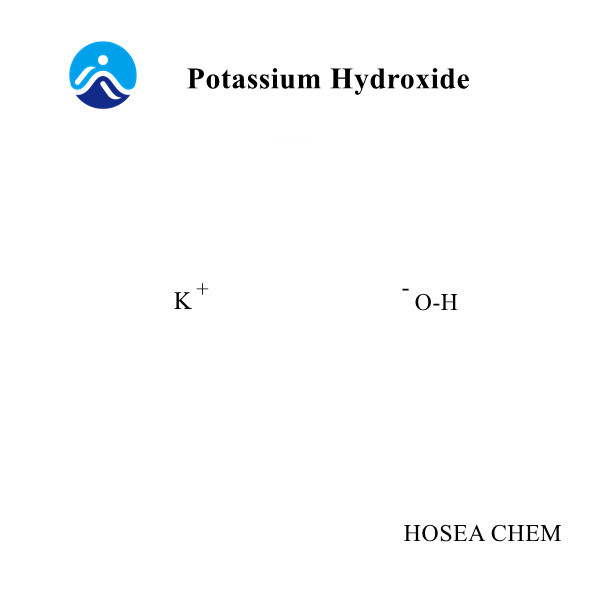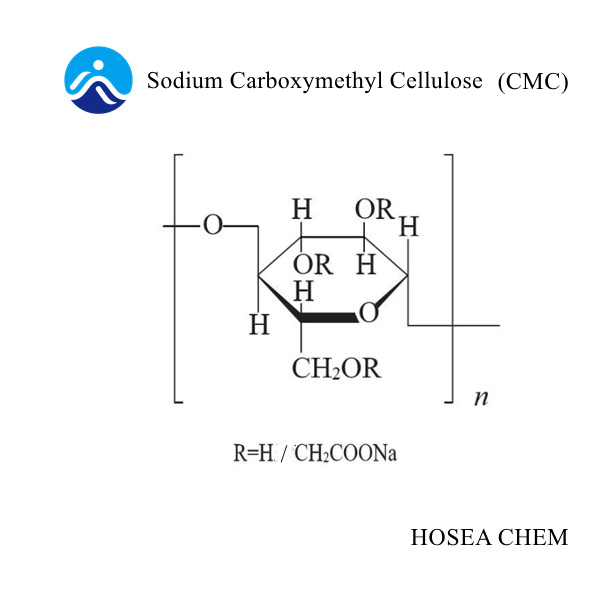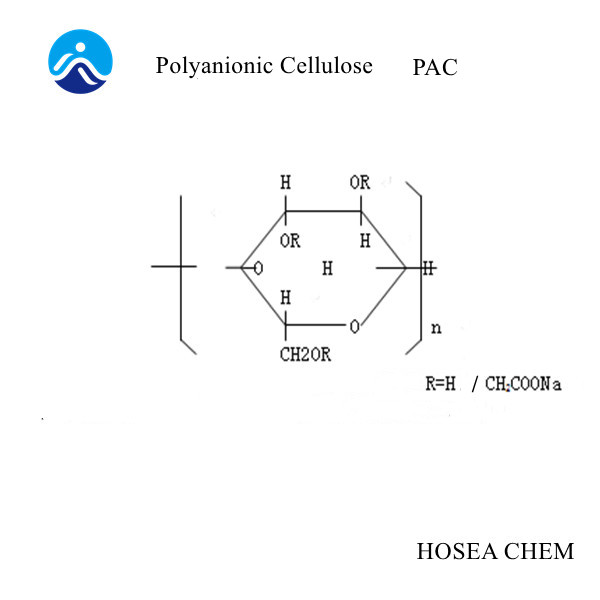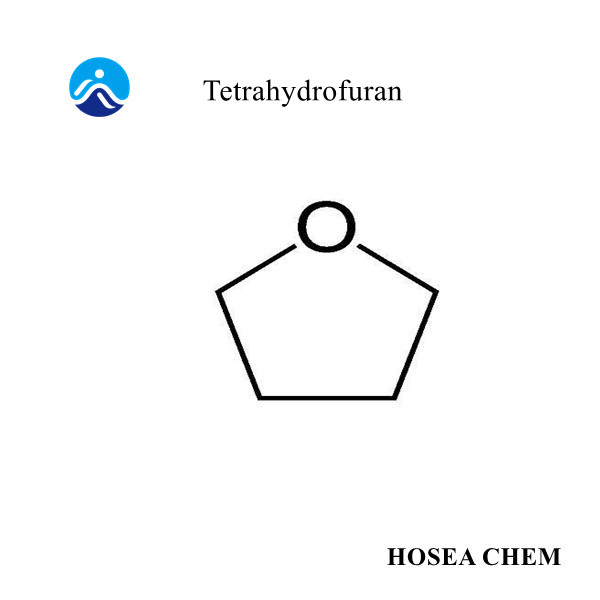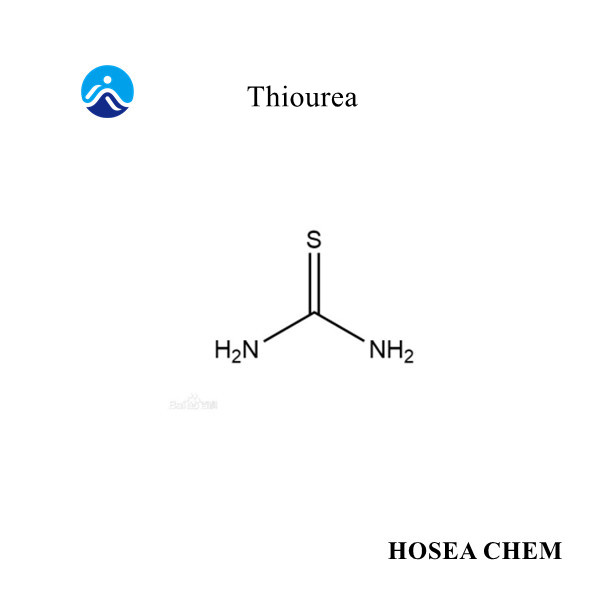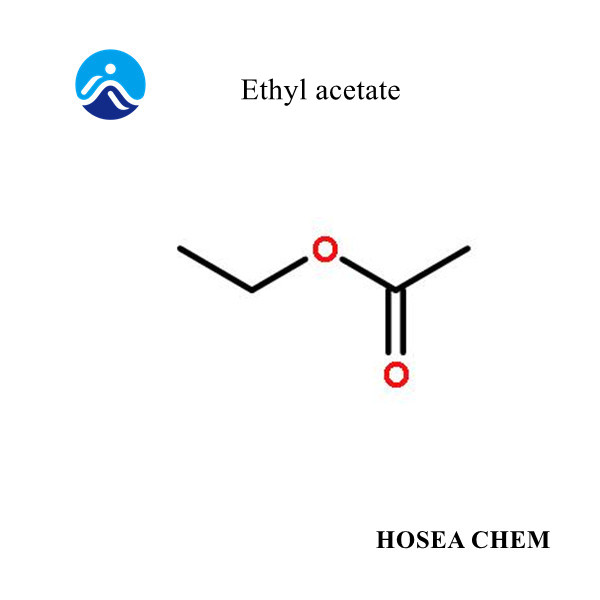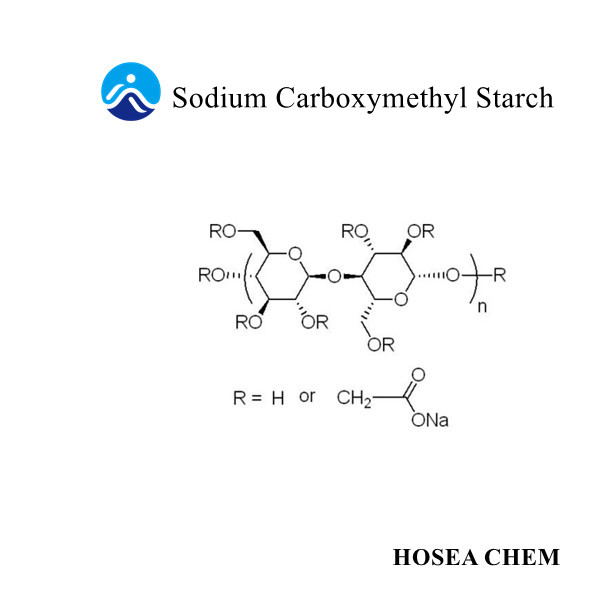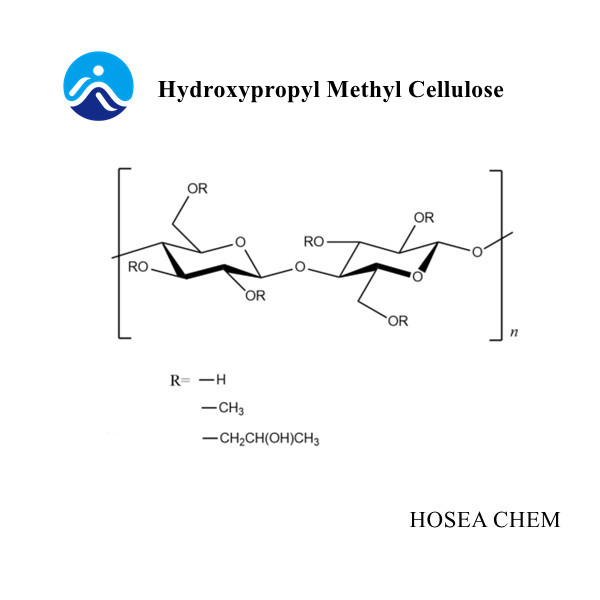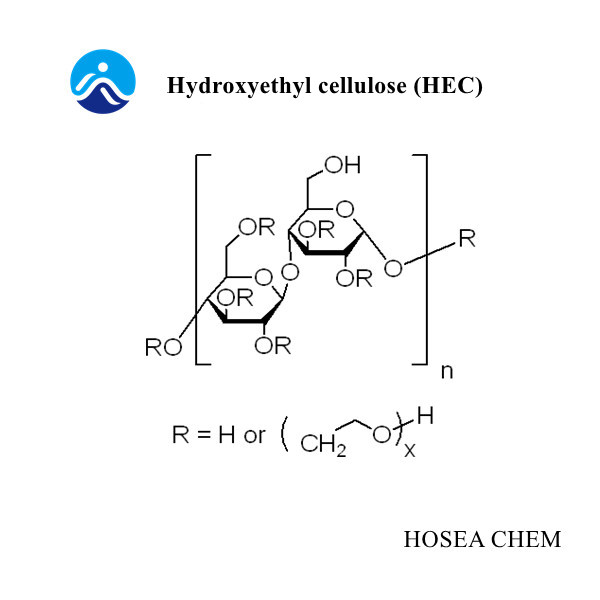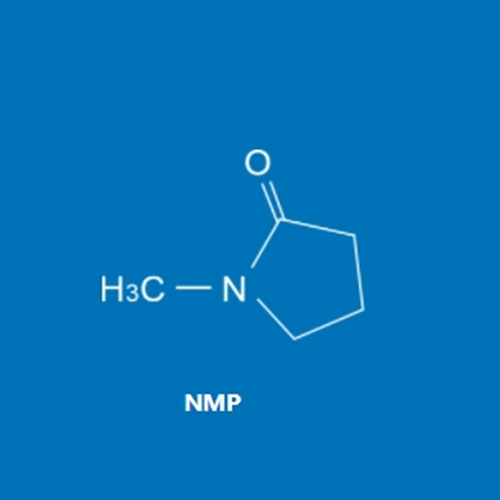N-Methyl Pyrrolidone
HOSEA CHEM®N-Methyl-2-Pyrrolidone (NMP,Cas 872-50-4) is a nitrogen heterocyclic compound with a series of excellent physical and chemical properties. It is non-toxic, has high boiling point, strong polarity, low viscosity, low corrosiveness, high solubili Send Inquiry
Product Description
Product Information
Chemical Name: N-Methyl-2-Pyrrolidone
Appearance: Colorless transparent liquid
CAS No.: 872-50-4
Formula: C5H9NO
Refractive Index nD20: 1.468-1.471
MolecularWeight: 99.10
Synonyms: 1-methyl-2-pyrrolidinone; NMP; M-pyrol; Methylpyrrolidone; 1-Methyl-5-Pyrrolidinone; N-Methylpyrrolidone; N-Methyl-2-Pyrrolidone;
Chemical Structure:
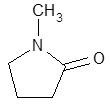
Description
N-Methyl-2-pyrrolidone is a high boiling, polar aprotic, low viscosity, colorless to slightly yellow liquid, with a faint amine odor. NMP is miscible with water and conventional organic solvents like ethyl acetate, chloroform, benzene and lower alcohols or ketones. It is the cyclization product of 4-Methyl-Aminobutyric acid.
Specification
Item Reagent grade Electronic grade Industrial grade
Assay, %min. 99.9 99.9 99.5
Color, Hazan max. 15 20 25
Density, g/ml 1.032-1.035 1.032-1.035 1.032-1.035
Water, % max. 0.01 0.02
* Please refer to Certificate of Analysis for detailed specification
Physical Properties
AutoignitionTemperature 245°C
BoilingPoint 204°C
Density@25°C 1.03g/cm3
Dielectric Constant 10 kHz@25°C 32.2
Dipole moment@20°C 12.26 D(debye)
FlashPoint ClosedCup 91°C
FreezingPoint -24.2°C
HeatofCombustion 3023kJ/mol
Heat of Vaporization @20°C 54.5kJ/mol
pH 100 g/l@20°C 7.5-10
RefractiveIndex 1.4700
Specificheat @ 20°C 0.175kJ/mol.K
Surface Tension@25°C 41mN/m
VaporDensity (air= 1) 3.42
Vapor Pressure@20°C 0.324hPa
Viscosity @25°C 1.661mPa·s
Watersolubility Miscible
Applications
N-Methylpyrrolidone (NMP) is the lactam of 4-methylaminobutyric acid and a very weak base. NMP is a chemically stable and powerful polar solvent. These characteristics are highly useful in a variety of chemical reactions where an inert medium is of concern. Despite the stability of NMP, it can also play an active role in certain reactions: hydrolysis, oxidation, condensation, conversion with chlorinating agents, polymerization and o-alkylation, and related reactions.
Recovery of Pure Hydrocarbons in Petrochemical Processing
A well-established application for NMP is the large-scale recovery of hydrocarbons by extractive distillation. This technique utilizes the high solubility of hydrocarbons in NMP and the fact that differences in volatility are sometimes considerably increased in the presence of NMP. Compared to other commercial solvents and extraction media, NMP offers the following advantages: no azeotropes are formed with hydrocarbons; NMP is very resistant to heat and chemicals; and NMP has a favorable toxicological and environmental profile.
Desulfurization of Gases
High concentrations of acidic compounds are often present in natural or synthesis gases. Examples are hydrogen sulfide, carbon oxysulfide, carbon dioxide and organic sulfur compounds. Rather than applying a chemical process, they are removed by physical scrubbing in several stages with a mixture of NMP, alcohol and water.
Plastics
NMP is a widely used industrial solvent for natural and synthesis plastics, waxes, resins and various types of paints. It dissolves polymers, such as cellulose derivatives, polyamides, polyimides, polyesters, polystyrene, polyacrylonitrile, polyvinyl chloride, polyvinyl pyrrolidone, polyvinyl acetate, polyurethanes, polycarbonates, polyethersulfones, polysulfones, polyethers and many copolymers
Surface Coatings
NMP is a non-corrosive high boiler with excellent solvent power and chemical resistance. Thus, NMP improves the properties of many surface coating systems. In particular, these effects are favorable for baked coatings that are cured at relatively high temperatures. NMP allows the production of highly filled paints and finishes. Since it improves the rheological properties, paints with superior flow-out and covering power are obtained. Hence, the coatings are more homogeneous, non-porous and non-cratering, and they display greater resistance to chemicals and higher mechanical strength
Paint Stripping and Cleaning
Due to its high solvating power for plastics, resins, oil and grease, NMP has been successfully employed as an ingredient in paint removers, cleaners and degreasers. NMP can be used alone or in blends for removal of oil, carbon deposits and other tarry polymeric residues from metal chambers, pistons and cylinders, as well as for wet cleaning of combustion engines.
Plant Protection / Agrochemicals
NMP can be used as a solvent or co-solvent for the formulation of insecticides, fungicides, herbicides, seed treatment products and bioregulators where highly polar compounds are required. NMP is given preference over other highly polar solvents because it is exempt from the requirement of a tolerance when used as a solvent or co-solvent in pesticide formulations applied to growing crops, and it possesses a favorable toxicological and environmental profile.
Electronics
The production of integrated circuits (ICs) calls for products of very high purity. The Electronic Grade NMP exceeds in all points the standard established by SEMI (Semiconductor Equipment and Materials Institute). This makes NMP a desired solvent for the electronic industry and producers of printed circuit boards. Blends of NMP with common solvents are utilized for the cleaning and degreasing of single-crystal silicon wafers for ICs.
Packaging
Iron drum: (net weight 200kg),80 drums(16,000kg)/20"FCL
Paint iron drum: (net weight 200kg), 80 drums (16,000kg)/20"FCL
HDPE drum: (net weight 200kg), 80 drums (16,000kg)/20"FCL
IBC drum: (net weight 1000kg), 20 drums (20,000kg)/20"FCL
ISO TANK: (net weight 20MT), 20,000kg / 20"FCL
Safety
Care should be used when handling NMP. Skin contact should be avoided.
Contact can result in irritation; prolonged contact can result in redness and dermatitis. Butyl rubber or FEP Teflon gloves are recommended when handling NMP. A good skin cream should be used after washing the affected area. As with all solvents, the workplace should be well ventilated and safety goggles must be worn.
Always refer to the Material Safety Data Sheet (MSDS)
Storage & Handling
Stored in cool and airy place; away from fire and heat; handle with care; no breakage, avoid leakage
It is valid for 3 years under proper condition.


